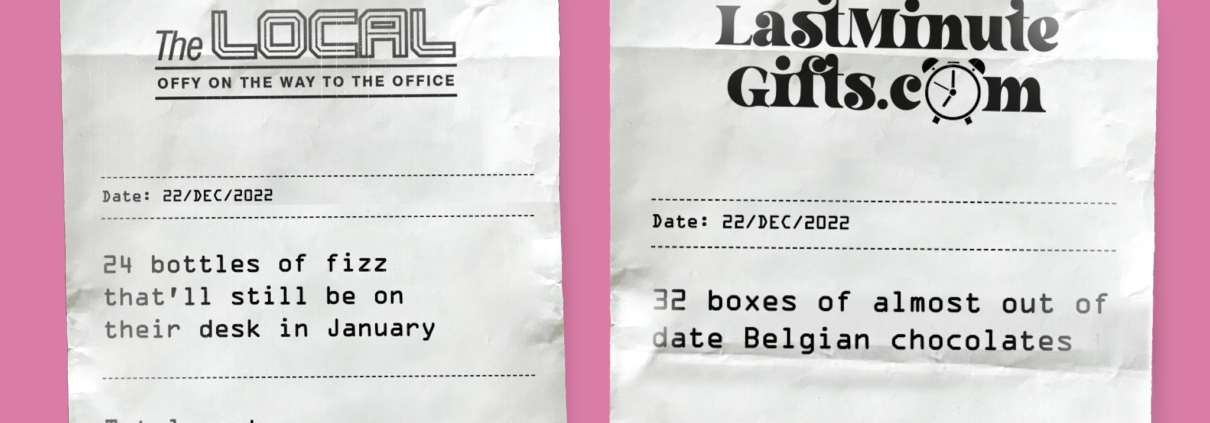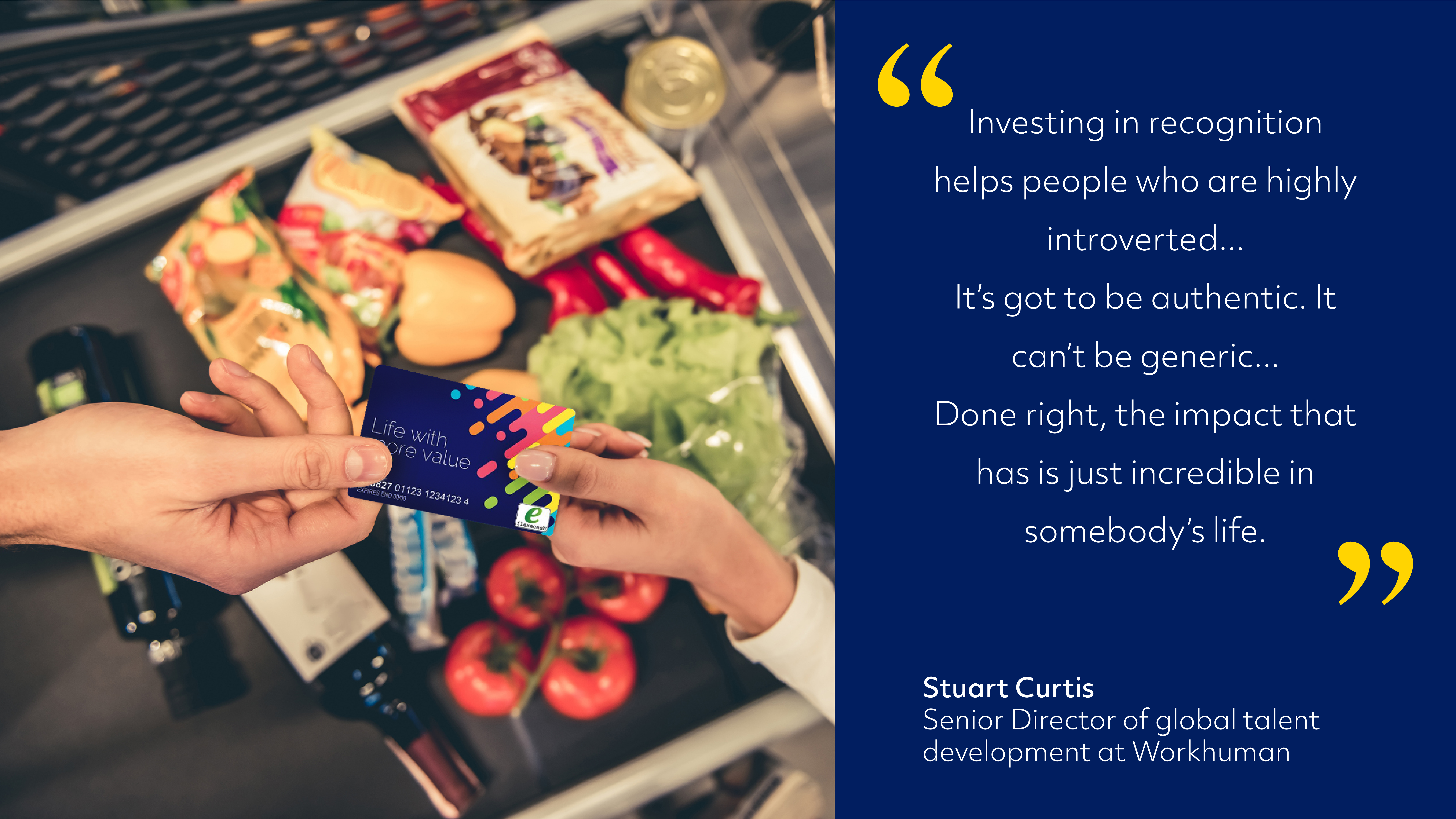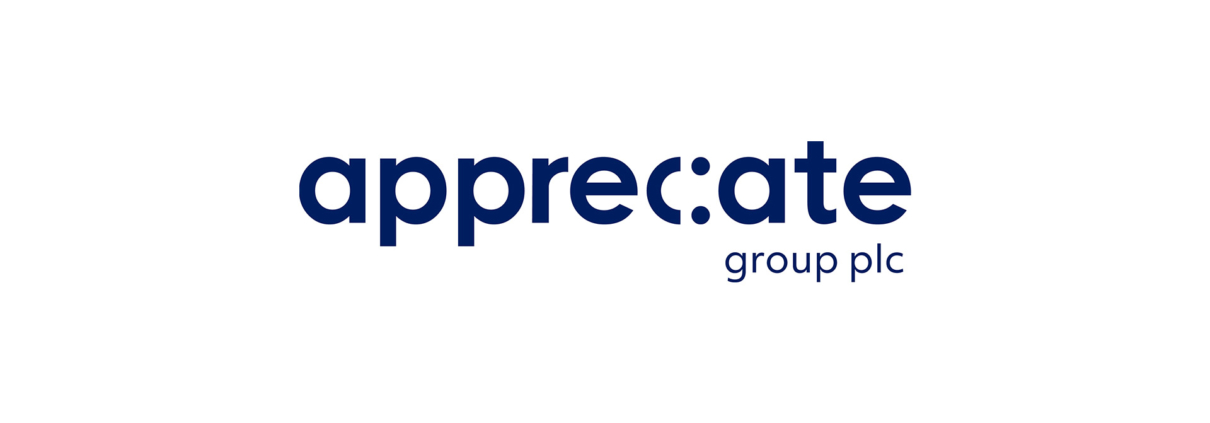What challenges will businesses face in 2023 – and how can they overcome them? Frank Creighton, Director of Business Development at Love2shop – guides us through business experts’ forecasts for 2023.
For the first time in a long time, the new year does not herald the unknown. Businesses and households are facing economic challenges set to last until at least midway through the year before experts predict things will begin to slowly recover.
We face a difficult period. But by making the right decisions and focusing on people –employees, customers, partners or resellers – we will be in position to capitalise when the economic upturn comes.
Cast your mind back 12 months. There was a degree of cautious optimism throughout the economy as the world emerged from two dark years of COVID, with experts forecasting a steady recovery.
Within two months, the global economy was in chaos following Russia’s invasion of Ukraine. It brought war back to Europe triggering a huge rise in energy and food prices that sparked a global inflationary crisis.
We are still living with the impact of that ongoing conflict – recently the International Monetary Fund (IMF) said the subsequent recession is currently impacting one-third of the planet. But overall, the economy has settled and become a little more predictable.
There is always a glut of incredible (and not so incredible) predictions for a new year, but I hope you’ll agree that the ones I’ve selected from leading economic experts will offer some words of wisdom for your business in 2023.
A tough start – so make your investment count
In December, the Confederation of British Industry (CBI) downgraded its forecast for the UK economy1 which it now believes will contract by 0.4%. It predicts business investment will be 9% below pre-pandemic levels.
This, it adds, will lead to a year-long fall in consumer spending as squeeze on households continues. Inflation is believed to have peaked but will remain significantly above the Bank of England target this year.
Alpesh Paleja, CBI Lead Economist, said: “Another recession in the space of two years is tough-going. A second year of high – albeit falling – inflation will hit households hard, especially those lower down the income distribution.
“With cost pressures remaining high, many businesses will also be operating in a tough trading environment.
“While it’s some consolation that the upcoming recession will be shallow, it’s concerning that longer-term weakness in productivity and business investment appears to be bedding in. It does not bode well for living standards.”

Similarly, the British Chambers of Commerce, (BCC) which represents Britain’s small and medium-sized businesses, is forecasting a recession lasting 15 months for the UK economy2 with a contraction of 1.3% in 2023.
Alex Veitch, Director of Policy at BCC, said: “BCC research has shown that business confidence has been falling for months. Very few firms will be willing to invest as they face a wall of higher prices, interest rates and taxes.”
With such investment pressure, we all need to make sure that the money we do put into business makes a real difference. Within that, I believe it has to retain skills and talent which presents costs and resource challenges which can affect real-time business deliverables.
Real-terms investment in pay is just one way to do that, however. Employees who feel secure and valued by their employer are more likely to stay. Love2shops latest Employee Value Report found that 36% of employees in the UK say their employer never – or hardly ever – acknowledges their work, while 52% believe their output increases when they feel valued.
Showing your workforce appreciation for their work is one of the most cost-effective ways to improve performance and retain talent – it can be as simple as a thank you or an early finish.
For those who want to create a rewarding system that is transparent and fair, there are affordable solutions that can automate the management of employee reward schemes and deliver data on their impact, such our own modular Love2shop Engagement Platform.
But employers who create a culture of respect and appreciation will see a significant impact on business performance in 2023.
Squeezed incomes will hit discretionary spending
Unfortunately, from a consumer perspective, it is likely that the effects of the recession will last most of the year as inflation and interest rates remain high. Households will reduce spending either because they simply do not have any disposable income or they want to keep what they have in case things get harder.
Yael Selfin, Chief Economist at accountancy giant KPMG, said: “The increase in energy and food prices during 2022, as well as higher overall inflation, have significantly reduced households’ purchasing power.
“Rising interest rates have added another headwind to growth. Lower income households are particularly exposed to the mix of current price pressures, as the most affected spending categories largely fall on necessities, with few substitutes in the short run.
“Households are expected to rein in spending on discretionary items in 2023 in response to the squeeze on income.”3
Meanwhile, Richard Walker, Managing Director of frozen food chain, Iceland (available on Love2shop Gift Cards, vouchers and Contactless Digital Mastercard), said basics such as bread and milk were up 50% in 20224, adding: “We are far from out of the woods. Those who are really on a budget and struggling the most will feel it most painfully.”

But all is not lost. Customer loyalty rewards can help businesses of any size to maintain and increase revenue-per-customer.
Despite cutting back, consumers are more likely to remain loyal to brands in which they have trust and where they see value in being a regular customer.
Brands that operate loyalty or reward programmes that engage customers see, on average, a 15%-25% increase in spending, according to management consultancy McKinsey5. As such, it’s important to foster loyalty within your customer base through a strategic reward proposition. This ensures that customers see value in continuing to spend with your business.
Meaningful rewards will improve recruitment and retention
At Love2shop, we have an enormous cross-section of clients and from every business sector you can imagine.
Over the past five decades we have worked with more than 150,000 companies helping them implement engaging loyalty and reward schemes for both customers and employees.
Looking at this rich source of data across a range of economic peaks and troughs, we believe one of the biggest themes for companies in 2023 will be retention. Winning new customers is always a focus but it can be expensive.
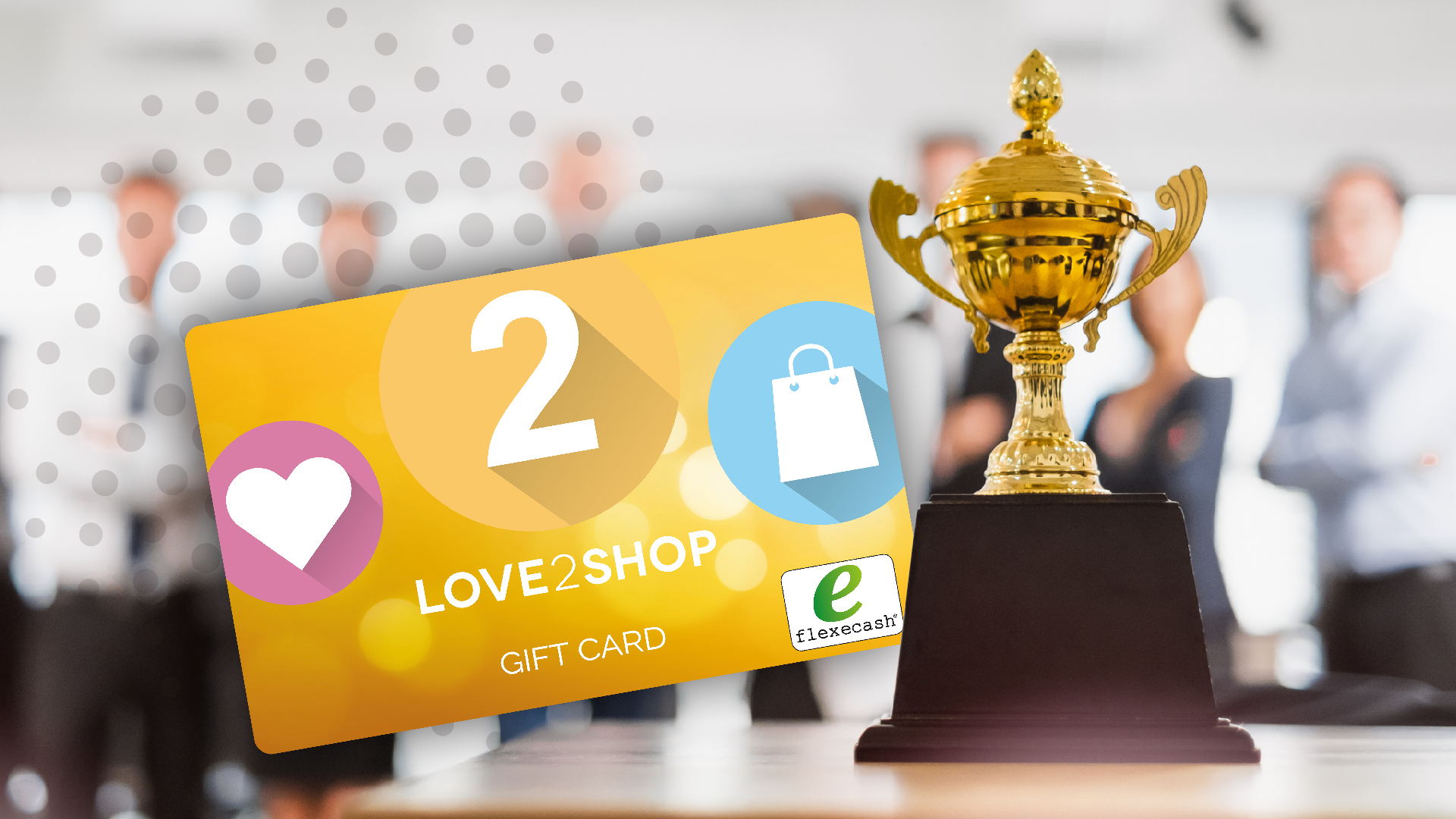
The standard rule of thumb is that it costs around five times more to attract a new customer than retaining an existing one, with new customers also tending to have a lower spend until they become loyal advocates.
Meanwhile recent research has proved that increasing retention rates by just 5% can boost margins by between 25% and 95%.
The Great Resignation 2.0
Similarly, recruiting and training a new employee costs significantly more than retaining and developing an existing one.
Eye-opening figures from the Office for National Statistics (ONS) in December revealed that since the beginning of the COVID pandemic in early 2020, around 565,000 people had left the workforce and had become what is called ‘economically inactive’ – in effect they had retired.
This is part of a wider trend that saw almost three million people change jobs during the same period – a phenomenon known as the Great Resignation
It remains to be seen how that plays out in 2023. However, research commissioned by employee wellbeing specialist, Unum UK6, has revealed nearly one-fifth of the UK workforce (19%) plan to look for new jobs in 2023 – sparking fears of a Great Resignation 2.0.
Unum Chief Executive, Mark Till, said: “Between employees planning to seek new jobs for better benefits or a higher salary and those saying they’ll look at the prospect of a second job, more than 10m workers may make big employment decisions next year.
“It’s important for employers to understand these workers’ needs which include better employee benefits.”

Love2shop recently issued its Love2shop Employee Value Report revealing that 75% of employees believe companies who gift or reward staff regularly are likely to attract and retain a better calibre of employee.
The report also found 41% of those who feel undervalued believe regular rewards from their employer – such as additional days off or gift vouchers – would give them a greater sense of value.
It is worth referencing that research from the Gift Card & Voucher Association (GCVA) reveals 39.5% of consumers received at least one gift card over the last three years through work rewards or incentives.
Evidence is mounting that people are becoming more selective when it comes to where they want to work and how they spend their money. Genuinely forward-thinking, evolving businesses are seriously thinking about how they can attract and retain customer loyalty and employee talent to see them through the challenges 2023 holds.
It is abundantly clear that rewards and incentives must play a central role. Only by offering greater genuine value to employees and customers can you expect them to remain loyal to your business. And needless to say, if any reader wants to shoot the reward and recognition breeze, please find me on LinkedIn and I will respond pronto!
Sources:
1 – https://www.cbi.org.uk/media-centre/articles/no-new-year-cheer-for-uk-economy-with-productivity-and-business-investment-weakening-cbi-economic-forecast/#:~:text=The%20economy%20is%20likely%20to,%25%20in%20our%20last%20forecast
2 – https://www.britishchambers.org.uk/news/2022/12/bcc-economic-forecast-long-road-to-recovery-after-over-a-year-of-recession
3 – https://home.kpmg/uk/en/home/media/press-releases/2022/12/living-standards-take-a-hit-as-the-uk-enters-protracted-recession.html
4 – https://www.grocerygazette.co.uk/2022/12/19/iceland-boss/
5 – https://www.mckinsey.com/capabilities/growth-marketing-and-sales/our-insights/next-in-loyalty-eight-levers-to-turn-customers-into-fans
6 – https://www.unum.co.uk/about-us/media/cost-of-living-crisis
Read our previous blogs…
 https://business.love2shop.co.uk/wp-content/uploads/2024/02/119683-l2sb-What-is-Customer-Acquisition.webp
339
558
Frank Creighton
https://business.love2shop.co.uk/wp-content/uploads/2023/06/l2s-logo-340x156-1.svg
Frank Creighton2024-03-11 15:34:332024-03-11 15:34:58What is Customer Acquisition?
https://business.love2shop.co.uk/wp-content/uploads/2024/02/119683-l2sb-What-is-Customer-Acquisition.webp
339
558
Frank Creighton
https://business.love2shop.co.uk/wp-content/uploads/2023/06/l2s-logo-340x156-1.svg
Frank Creighton2024-03-11 15:34:332024-03-11 15:34:58What is Customer Acquisition?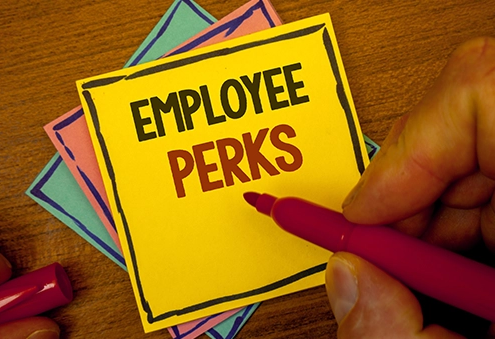 https://business.love2shop.co.uk/wp-content/uploads/2024/02/119683-l2sb-Employee-Perks-to-offer-staff.webp
339
558
Frank Creighton
https://business.love2shop.co.uk/wp-content/uploads/2023/06/l2s-logo-340x156-1.svg
Frank Creighton2024-03-11 15:20:282024-03-11 15:22:4350 Employee Perks to Offer Staff
https://business.love2shop.co.uk/wp-content/uploads/2024/02/119683-l2sb-Employee-Perks-to-offer-staff.webp
339
558
Frank Creighton
https://business.love2shop.co.uk/wp-content/uploads/2023/06/l2s-logo-340x156-1.svg
Frank Creighton2024-03-11 15:20:282024-03-11 15:22:4350 Employee Perks to Offer Staff https://business.love2shop.co.uk/wp-content/uploads/2024/02/119683-l2sb-What-is-Customer-Acquisition.webp
339
558
Frank Creighton
https://business.love2shop.co.uk/wp-content/uploads/2023/06/l2s-logo-340x156-1.svg
Frank Creighton2024-03-11 10:58:092024-03-11 10:58:09Customer Acquisition Strategy
https://business.love2shop.co.uk/wp-content/uploads/2024/02/119683-l2sb-What-is-Customer-Acquisition.webp
339
558
Frank Creighton
https://business.love2shop.co.uk/wp-content/uploads/2023/06/l2s-logo-340x156-1.svg
Frank Creighton2024-03-11 10:58:092024-03-11 10:58:09Customer Acquisition Strategy










